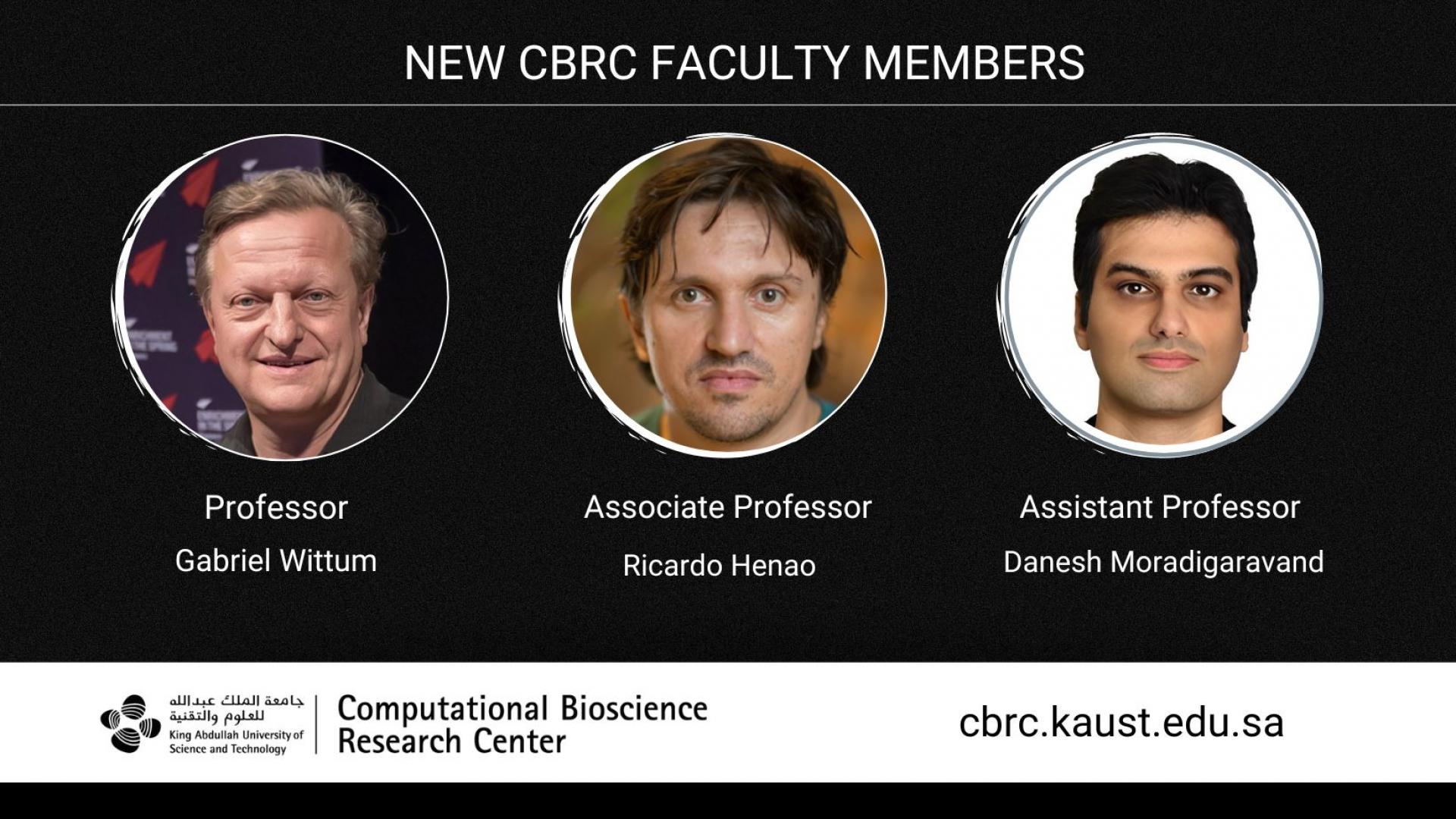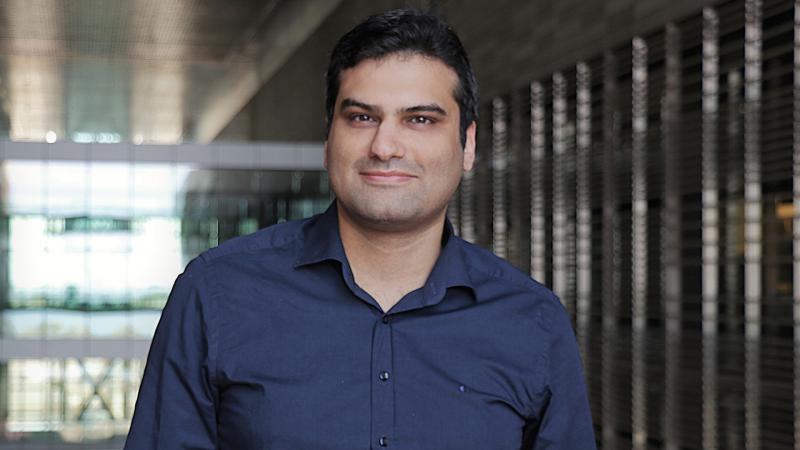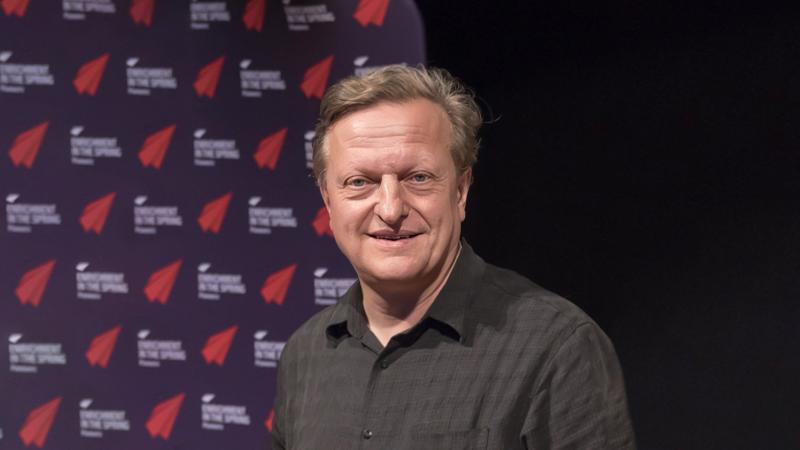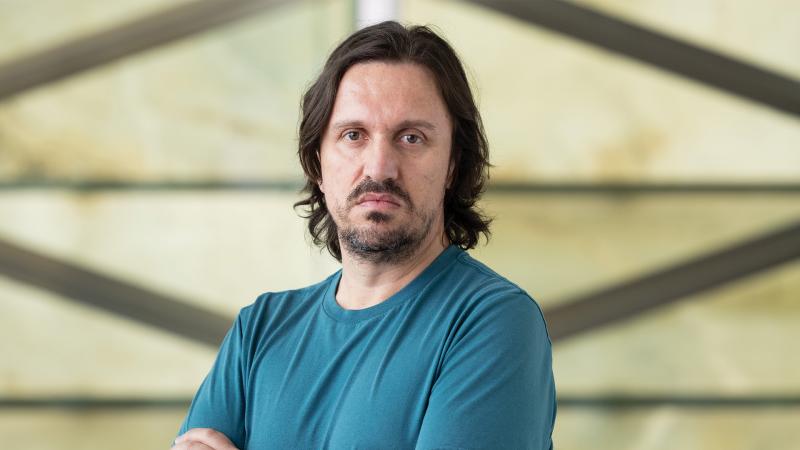We are pleased to welcome Professor Gabriel Wittum, Associate Professor Ricardo Henao and Assistant Professor Danesh Moradigaravand as new members of CBRC.
Gabriel Wittum holds professorships for Applied Mathematics, Computational Science, Computer Science and Bioengineering at KAUST, Saudi Arabia, and for Modelling and Simulation (Computer Science) at Frankfurt University, Germany. He is an expert in modelling and simulation of problems from empirical sciences. He solves problems from the classical physical and engineering sciences like fluid mechanics, groundwater flow and transport, environmental science, energy research reaching out to biology, pharmacy, medicine, finance and many more disciplines. Starting from numerical analysis, he develops robust and scalable multi-grid methods and software systems for large scale computing, for his scientific work he has been honored with the Heinz-Maier-Leibnitz price and the doIT Software Award. He published over 200 scientific publications.
Ricardo Henao is an Associate Professor for Bioscience at the BESE division at KAUST, and for Biostatistics and Bioinformatics, and Electrical and Computer Engineering at Duke University. He is a member of the Smart Health Initiative at KAUST. He previously worked as a Postdoctoral associate at Duke University and the University of Copenhagen. The theme of Professor Henao's research is the development of novel statistical methods and machine learning algorithms primarily based on probabilistic modeling. His methods research focuses on hierarchical or multilayer probabilistic models to describe complex data, such as that characterized by high-dimensions, multiple modalities, more variables than observations, noisy measurements, missing values, time-series, multiple modalities, etc., in terms of low-dimensional representations for the purposes of hypothesis generation and improved predictive modeling. His recent work has been focused on the development of sophisticated machine learning models, including deep learning approaches, for the analysis and interpretation of clinical and biological data with applications to predictive modeling for diverse clinical outcomes.
Dr Moradigaravand is an Assistant Professor and group leader at the BESE division, KAUST. Prior to this position, he was a junior group leader and bioinformatics lead scientist at the University of Birmingham, Wellcome Sanger Institute and University of Cambridge. He obtained his PhD from ETH Zurich in theoretical population genetics. The infectious disease epidemiology lab investigates next generation sequencing (NGS) and large-scale phenome data of microbial strains using a variety of statistical genetic, phylogenetic, and machine learning methods, to decipher the evolution and epidemiology of bacterial infectious diseases in Gram-negative and Gram-positive bacterial strains. The lab also extensively utilizes machine learning approaches to unravel the genotype-phenotype map for bacterial clinical features from genomic and metagenomic data.
Once again on behalf of CBRC, Welcome aboard! We are thrilled to have you and look forward to collaborating with you.



